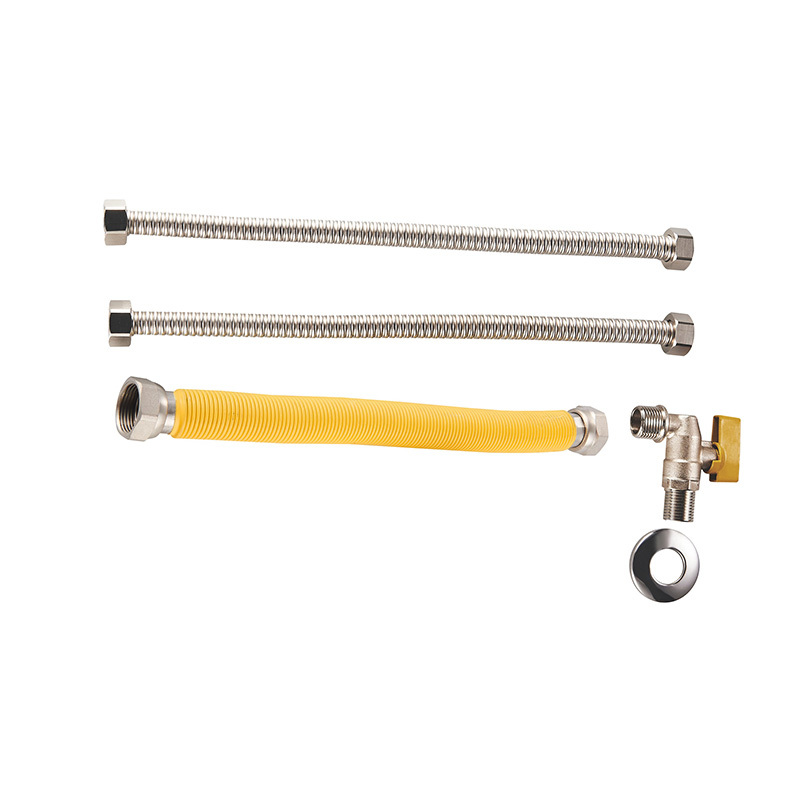News
04
2025
-
06
Why Choose Extensible Metal Hoses for Your Industrial Applications?
Why Choose Extensible Metal Hoses for Your Industrial Applications?
Introduction to Extensible Metal Hoses
Extensible metal hoses are becoming increasingly vital in modern industrial applications. Their unique design accommodates movement and flexibility, making them an ideal choice for various sectors, such as chemical processing, oil and gas, and manufacturing. In this article, we will explore the myriad reasons why extensible metal hoses are superior to traditional alternatives, ultimately helping you make an informed decision for your industrial needs.
Understanding the Composition of Extensible Metal Hoses
Extensible metal hoses are made from high-quality materials, primarily stainless steel, which offers exceptional resistance to corrosion, heat, and extreme pressure. The construction typically consists of a corrugated inner tube surrounded by a protective outer braid. This design not only provides flexibility but also enhances the strength and durability of the hose.
Key Material Features
1. **Corrosion Resistance**: Stainless steel ensures that the hose can withstand harsh chemicals and environments without degrading.
2. **Temperature Tolerance**: These hoses can handle a wide range of temperatures, making them suitable for hot or cold fluids.
3. **Pressure Handling**: With the ability to withstand high pressures, extensible metal hoses are ideal for heavy-duty applications.
Benefits of Using Extensible Metal Hoses in Industrial Settings
1. Enhanced Flexibility and Movement
One of the primary advantages of extensible metal hoses is their remarkable flexibility. Unlike rigid piping systems, these hoses can bend and twist, allowing for easier installation in tight spaces. This flexibility is crucial in dynamic environments where equipment is subject to movement or vibration.
2. Improved Safety and Reliability
Safety is a top priority in industrial applications. Extensible metal hoses are designed to prevent leaks, which can lead to hazardous situations. Their robust construction and ability to handle pressure ensure that fluids are contained safely, reducing the risk of spills and accidents.
3. Cost-Effectiveness and Maintenance
Although the initial investment in extensible metal hoses may be higher than traditional options, their long lifespan and minimal maintenance requirements lead to lower overall costs. The durability of these hoses means they are less likely to need replacements, helping you save money in the long run.
Applications of Extensible Metal Hoses in Various Industries
1. Chemical Processing
In the chemical industry, extensible metal hoses are used to transport corrosive substances safely. Their resistance to chemicals and temperature fluctuations makes them perfect for transferring acids, bases, and other reactive materials.
2. Oil and Gas Industry
The oil and gas industry relies heavily on extensible metal hoses for transporting oil, natural gas, and other hydrocarbons. Their ability to withstand extreme pressure and temperatures is critical for maintaining safety and efficiency in this sector.
3. Manufacturing and Production
Manufacturers benefit from extensible metal hoses in various applications, including cooling systems, hydraulic lines, and pneumatic systems. Their flexibility allows for easy integration into complex systems, enhancing productivity.
Installation Guidelines for Extensible Metal Hoses
Proper installation is crucial for ensuring the longevity and efficiency of extensible metal hoses. Follow these guidelines for optimal results:
1. Assess the Environment
Before installation, evaluate the surrounding conditions, including temperature extremes and exposure to chemicals. This assessment will help you choose the right type of metal hose for your application.
2. Choose the Correct Size and Length
Selecting the appropriate size and length is essential. Too long or too short hoses can lead to kinks, which can compromise their integrity. Measure accurately and consult with a supplier if needed.
3. Use Proper Fittings
Utilize fittings that are compatible with your hose and application. Mismatched fittings can lead to leaks or hose failure.
Installation Tips:
- Avoid sharp bends during installation.
- Ensure that the hose is not under tension when connected.
- Regularly inspect fittings for signs of wear or damage.
Maintenance of Extensible Metal Hoses
Maintaining extensible metal hoses is relatively straightforward, yet it is vital for their performance. Here are some maintenance tips:
1. Regular Inspections
Conduct regular inspections to check for signs of wear or damage. Look for corrosion, cracks, or leaks, and address any issues immediately.
2. Clean as Needed
Cleaning the exterior of the hose can prevent build-up of contaminants that may affect performance. Use non-corrosive cleaning agents to ensure the integrity of the material.
3. Monitor Pressure Levels
Keep an eye on the pressure levels within the hose. Sudden changes can indicate a problem that requires immediate attention.
Common Misconceptions About Extensible Metal Hoses
1. They Are Too Expensive
While the upfront cost of extensible metal hoses may be higher than other options, their longevity and lower maintenance costs make them a more economical choice over time.
2. They Are Difficult to Install
Some believe that extensible metal hoses are challenging to install. However, with the right tools and knowledge, installation can be straightforward.
3. They Are Only for Specific Applications
Extensible metal hoses are versatile and can be used in various industries, making them suitable for numerous applications beyond what many assume.
FAQs about Extensible Metal Hoses
1. What industries use extensible metal hoses?
Extensible metal hoses are commonly used in chemical processing, oil and gas, manufacturing, food processing, and HVAC industries.
2. Are extensible metal hoses resistant to chemicals?
Yes, they are typically made from stainless steel, which offers excellent resistance to a wide range of chemicals.
3. How do I know if my metal hose needs replacement?
Inspect for visible signs of wear, leaks, or corrosion. If any are present, it may be time for a replacement.
4. Can I use extensible metal hoses for high-pressure applications?
Absolutely! Extensible metal hoses are designed to handle high pressures typically encountered in industrial environments.
5. What is the lifespan of an extensible metal hose?
With proper maintenance, extensible metal hoses can last several years, often outlasting traditional hose materials.
Conclusion
Extensible metal hoses offer a range of benefits that make them an excellent choice for various industrial applications. Their flexibility, durability, and safety features set them apart from traditional hose options. By understanding the benefits, installation guidelines, maintenance requirements, and common misconceptions, you can confidently choose extensible metal hoses to enhance the efficiency and safety of your operations. Investing in high-quality extensible metal hoses is not just a choice; it's a step towards smarter, more reliable industrial practices.
extensible metalhoses


